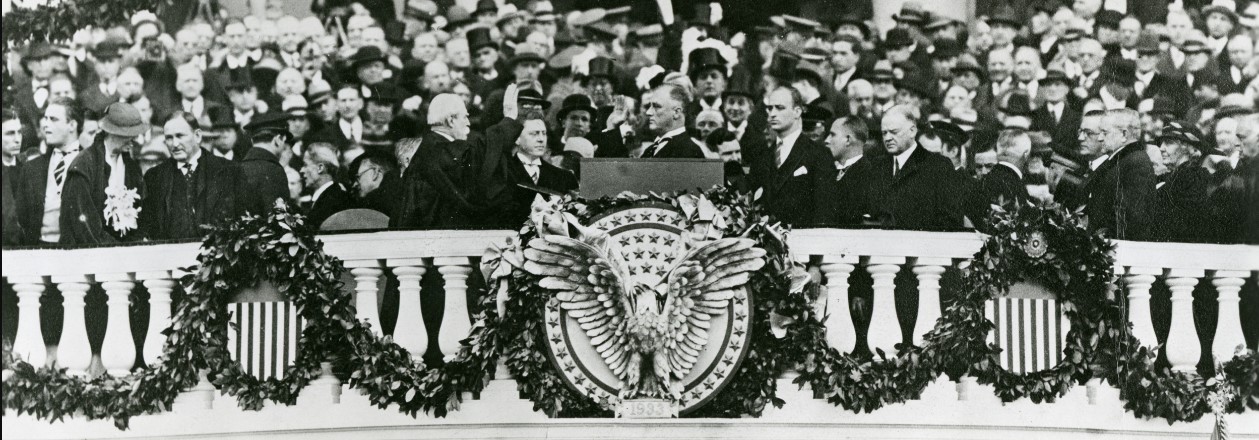
100 days of all things?
Even if you get the impression from the media and literature that the first 100 days as CEO are decisive for success, they are not. Fortunately, the reality is different: The majority of new managers need far more than this time to reach full performance – at least six months. This was the finding of management consultants McKinsey(read more here). Nevertheless, it is the time when your spotlight shines particularly brightly and when you receive special attention.
In the USA, people often talk about 90 days, while Napoleon’s “reign of 100 days” is referred to (even if it was 110 days).
100 days CEO – 100 days on probation
Napoleon Bonaparte’s reign lasted 110 days when he returned to Paris from his exile on the island of Elba in March 1815 until his final defeat at the Battle of Waterloo. Since then, the “rule of 100 days” has been synonymous with a probationary period granted to every new incumbent in business or politics before they have to make any major decisions.
100 days of CEO – Napoleon’s 110 days
Napoleon Bonaparte’s reign between March 1 and June 22, 1815 is known as the “reign of 100 days”. After his return from Elba, he won the support of large sections of the French army, witnessed the flight of King Louis XVIII and initiated domestic reforms. Despite recognizing the borders of 1792, Great Britain, Austria, Prussia and Russia finally put an end to Napoleon’s power at the Battle of Waterloo on June 22, 1815.

Napoleon leaves Elba – Joseph Beaume, 1836
100 days CEO – 90 days Roosevelt
With US President Franklin D. Roosevelt, the historic probationary period of 100 days was transformed into a “grace period” of around three months. This is why there is a lot of management literature, especially in the USA, that refers to the 90-day period – and not to the European 100 days. Roosevelt himself chose this period of time when he announced that it would take until the success of his radical economic reforms (“New Deal”) could outweigh the associated impositions.

Inauguration of Franklin D. Roosevelt on March 4, 1933
Exceeding expectations after 100 days
The 100 days are an informal ceasefire . It is a “warm-up phase” until the first current account is due. It is a question of your expectation management and your communication skills to ensure that the truce is not broken and that you ultimately exceed the expectations of your employees, the media, customers, investors or analysts. A 100-day management training course prepares you for this.
100 days CEO – You shine brighter
As CEO, you give your company a character, a face – whether you like it or not. It is your values and your views that will shape the company during your term of office. Even if you see the team in the foreground, you are the primus inter pares. It’s different when you express your pride in the achievements of the workforce than when the sales manager does it; it’s different when you go out to eat in the canteen than when the R&D boss does it; it’s different when you post something on LinkedIn than when the production manager does it.
Your confidence shines brighter and your strategy forms the guiding light for your workforce. Their words (and actions) inspire, attract successful top talent, strengthen the company’s purpose and maintain the share price. Your communication has a special lever and you therefore have a special responsibility.
B2B, B2C, H2H
Business today is no longer just B2B or B2C – it is above all H2H (human to human). Many consumers inform themselves about the companies whose products they use. This also applies to the management and in particular to the CEO. Thanks to social media, this is easier than ever. We see daily on Twitter or LinkedIn what CEOs are doing, whether they are opening a plant, testing products, committing fraud or helping those in need.
CEOs are particularly powerful when they visibly represent the organization’s core values both internally and externally. This makes the management credible, the workforce more loyal, the products more popular and the success greater.
The ideal way: Storytelling
Stories create an emotional connection with the audience, build trust and convey inherent values with a very lasting effect. You can take advantage of this – and should do so, especially at the beginning of your term of office. At no other time can you achieve more impact with less effort. A storytelling training course shows how to do it, a 100-day CEO training course offers the complete package.
It is at least as important that you practice what you preach. Only then will employees throughout the company be more willing to imitate your behavior and also demonstrate your behavior to customers. It’s not just the big things that establish you as a role model, but above all the small gestures. The more visibly you align yourself with the company values, the more likely it is that people in the company will pay attention to these values. “Do good and talk about it” is the popular saying; and even if you may not feel comfortable with it sometimes, there is certainly a (narrow) path on which you can communicate your gestures.
100 days as CEO – through the rear-view mirror into the future
If you are not only clear about what you want to achieve during your tenure, but also how you want to be perceived by your team, your staff, your customers, the media, investors and analysts, then there are many ways to achieve this goal. The important thing is that it is quite easy at the beginning of your term of office and becomes more difficult the longer you are in office. Because now it is no longer the first, second or third impression, but the 27th or 42nd impression. And it is as malleable as a piece of concrete.
We are happy to look into the future with you through the rear-view mirror. This means that we will travel with you into the future: to the end of your 100 days, to the next turn of the year and perhaps to your first anniversary in office. From this perspective, we look at what you want to achieve and define your path to get there – through the rear-view mirror into the future, so to speak.
What are you waiting for?
